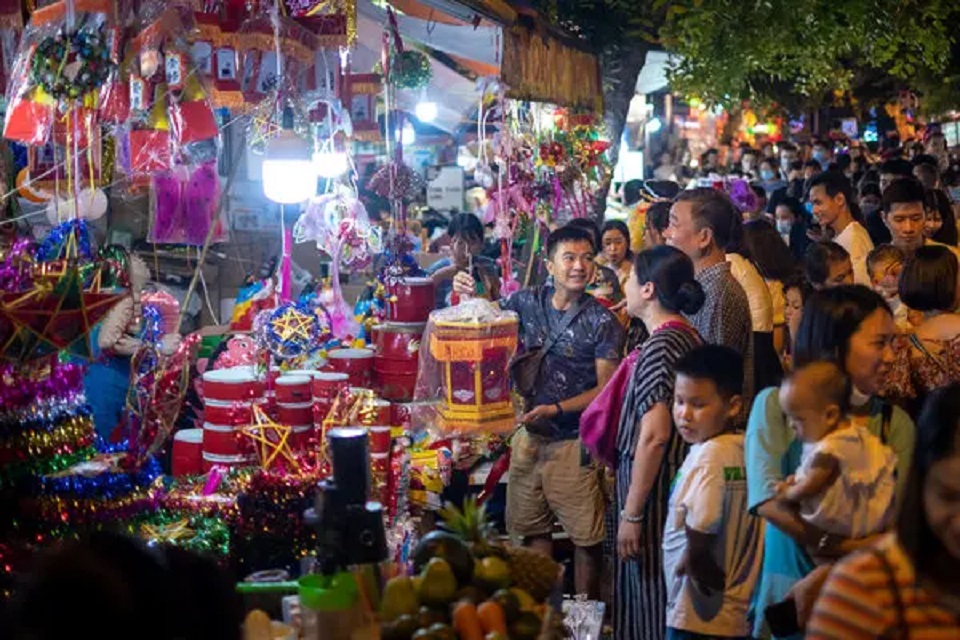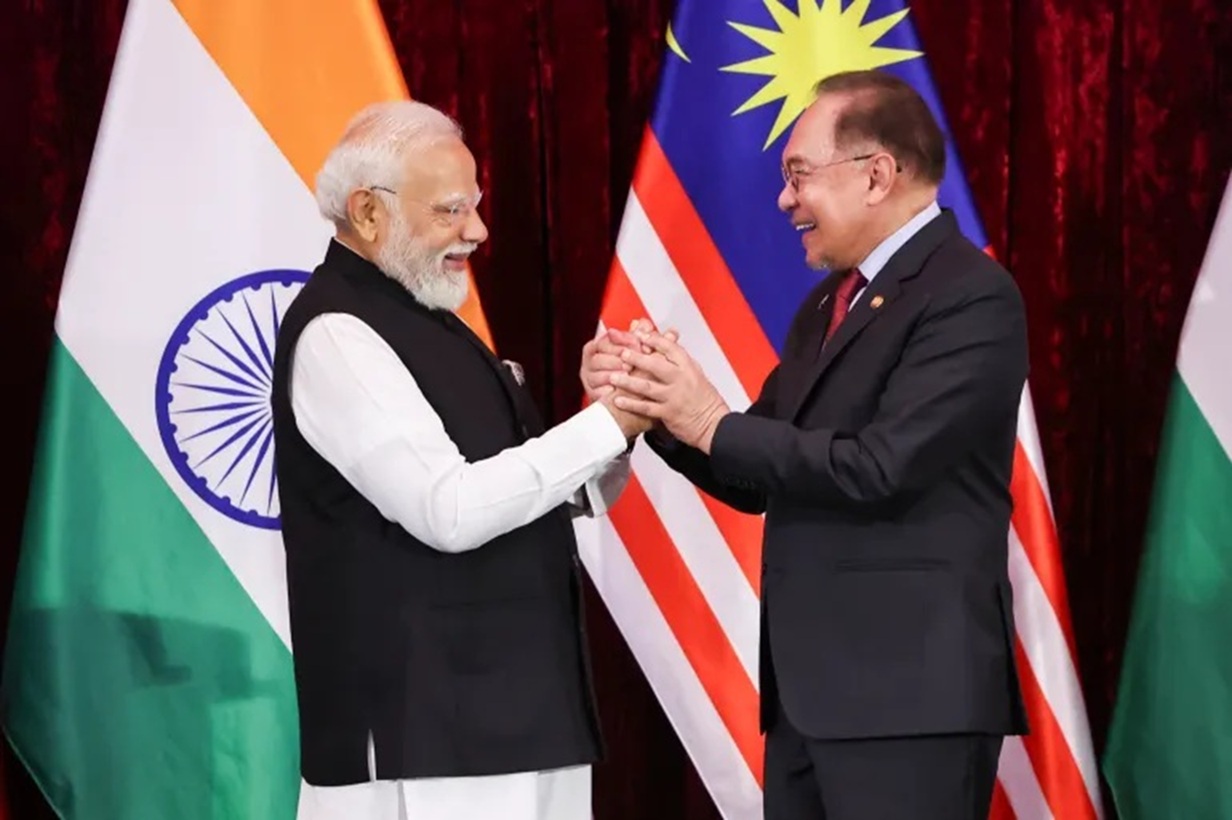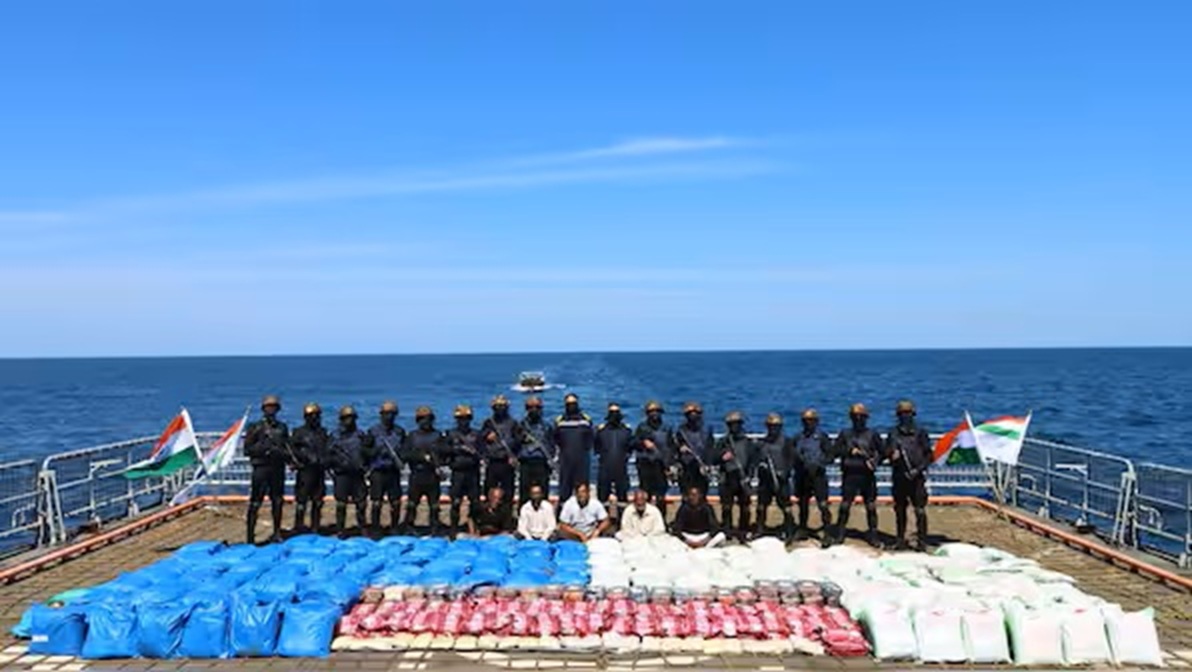Vietnam’s decision to join the Indo-Pacific Economic Framework for Prosperity (IPEF), a new economic grouping involving 14 Asian countries including the US, to promote economic stability in the region, is a noteworthy development. At the launching ceremony of the IPEF in May 2022, among the many diverse issues, Prime Minister Phạm Minh Chính raised in his speech, “anti-corruption” was specifically mentioned. This is directly related to the four main pillars of the IPEF i.e. Fair economy; Connected economy; Resilient economy; and Clean economy, wherein the Member States seek to build “fair trade commitments on effective tax policy and promote anti-bribery mechanisms as well as anti-money laundering”.
While that is Vietnam’s international commitment, at the national level the country has come down heavily on its officials and bureaucracy to prevent “wrongdoings”. Last month, on June 29, Vietnam marked the 10th anniversary of the anti-corruption campaign and Party General Secretary Nguyễn Phú Trọng urged the Communist Party of Vietnam (CPV) functionaries to support the anti-graft push and directed the provincial governments’ anti-corruption steering committees to “memorize” the slogans.
Secretary Trọng has been spearheading an aggressive national anti-corruption campaign since 2012 through the “Central Steering Committee on Corruption Prevention and Control” which is mandated for policing corruption. Last year, after his election for the third term, Secretary Trong, once again called upon the people and the party cadres-members to “shoulder the responsibility of being a role model. The higher the position and rank, the more responsibility one must take.”
There are at least three spinoffs from the Vietnamese initiatives to fight corruption. The first is about the economy. According to Nguyen Thi Huong, head of Vietnam’s General Statistics Office, the GDP “will likely grow as much as 7% this year, beating the government’s 6%-6.5% target… We expect growth to be at a very high rate in the next six months as every sector is recovering strongly,” Furthermore, according to Huong “Third-quarter GDP growth could even be a double-digit number,”
Also, the Foreign Direct Investment into Vietnam “grew by 8.9 percent from a year earlier to USD 10.06 billion in January-June of 2022. Meanwhile, FDI pledges, through dropped 8.9 percent year-on-year to USD 14.03 billion, are considered high by regional standards”.
This would necessarily demand a very high degree of business transparency through robust anti-corruption policies, which Party General Secretary Nguyễn Phú Trọng reiterated in his speech on 29 June. The US is an important trading partner of Vietnam and the bilateral trade has grown. It is pegged at $100 billion and grew at 25.91% in 2021.
Be that as it may, American investors can be expected to seek greater transparency in their business dealings in Vietnam. This would also be the requirement of the EU and its Member States, Japan, South Korea, and India who are other important trading partners.
The second issue for pursuing forceful anti-corruption policies is deterrence. The Central Steering Committee for Anti-corruption, which works directly under the CPV Chief Nguyen Phu Trong, is at the forefront of the national campaign labelled as a “burning furnace” (dot lo in Vietnamese). Perhaps what is noteworthy is that “burning furnace” is not just a slogan, it is a well-thought-out anti-corruption policy that has endured over the last two decades.
Closely associated is the third driver for anti-graft policy which aims to regain public trust between the Party and the Vietnamese people. In a 2020 opinion survey conducted by the Party Central Committee’s Commission for Information and Education, nearly 93 percent of people expressed confidence in the Party’s leadership in the battle against corruption. This is borne out by the fact that 168,000 CPV members were disciplined, and 7390 were punished for corruption including 170 officials. “US$2.6 billion worth of ‘corrupt assets’ have been recovered, including 76,000 hectares of wrongfully appropriated land. US$41.8 billion in fines have been levied.”
After 30 years of “Doi Moi”, Vietnam has much to celebrate the dynamism and its march towards a market economy is outstanding. The country has drawn plans to raise its economic growth from 6% from the pre-pandemic time to 6.5 to 7 % for the 2021-2025 period. Also, there are calls for greater roles and opportunities for the private sector which could “account for more than half of the economy by 2025” from the current 42%.
Given these ambitious figures, combating graft and eliminating corruption will be the singular aim of the Party-Political leadership. For that, the Vietnamese people must exhibit confidence in General Secretary Nguyễn Phú Trọng’s clarion call “can’t be corrupt”, “don’t dare to be corrupt”, and “don’t need to be corrupt” and “don’t want to be corrupt”.
Disclaimer: The views and opinions expressed by the author do not necessarily reflect the views of the Government of India and Defence Research and Studies
Title image courtesy: The New York Times





